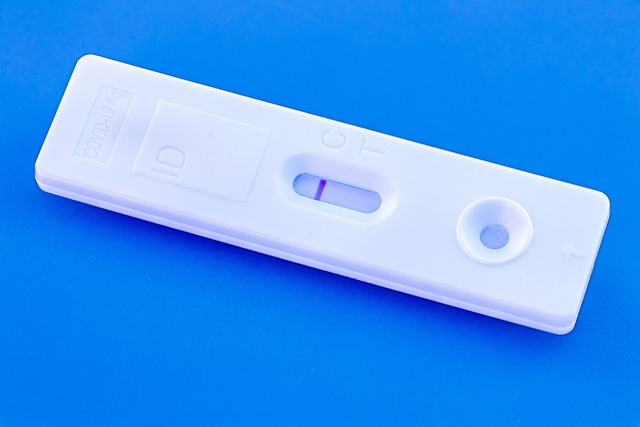Managing diabetes in the UK involves regular monitoring through crucial Diabetes Blood Tests, which control blood glucose levels. Understanding these tests and how they're conducted is essential for effective diabetes care. This section explores the significance of Diabetes Blood Tests UK, offering insights to help individuals navigate the landscape of diabetes management.
In the UK, understanding the connection between diabetes and liver health is crucial for medical professionals. This article delves into standard liver function tests (LFTs), exploring their role in assessing and managing liver conditions, especially among diabetic patients. We examine LFTs, highlight key connections between diabetes and liver health, and provide insights on interpreting test results. Knowing how to navigate these tests is essential for healthcare providers aiming to deliver optimal care for this growing demographic, including those requiring diabetes blood tests in the UK.
- Understanding Standard Liver Function Tests (LFTs)
- Diabetes and Liver Health in the UK: A Connection to Note
- Interpreting LFT Results: What Medical Professionals Need to Know
Understanding Standard Liver Function Tests (LFTs)
Standard Liver Function Tests (LFTs) are a crucial set of blood tests that help medical professionals assess the health and functionality of the liver. These tests measure various enzymes and proteins produced by the liver, providing valuable insights into its overall condition. LFTs are often included in routine check-ups and are particularly important for individuals with risk factors such as diabetes—a prevalent condition in the UK. By incorporating these tests into standard care, healthcare providers can proactively monitor liver health, especially in patients with chronic conditions like diabetes, where liver damage is a potential complication.
Understanding LFT results is key to detecting early signs of liver issues. Enzymes like alanine aminotransferase (ALT) and aspartate aminotransferase (AST), along with bilirubin, albumin, and prothrombin time (PT), are indicators of liver function. Deviations from the normal ranges can signal inflammation, injury, or disease, prompting further investigation. In the context of Diabetes Blood Test UK, LFTs play a significant role in managing patient care by offering a non-invasive way to gauge potential liver complications associated with both diabetes and its treatment.
Diabetes and Liver Health in the UK: A Connection to Note
Interpreting LFT Results: What Medical Professionals Need to Know
In light of the significant correlation between diabetes and liver health, as highlighted in the context of the UK population, medical professionals must be adept at interpreting standard liver function tests (LFTs). This skill is crucial for early detection of diabetic-related liver issues, as regular diabetes blood tests in the UK play a vital role in monitoring overall health. By understanding LFT results and their potential connections to diabetes, healthcare providers can foster better patient outcomes and navigate the complex interplay between these two conditions.
